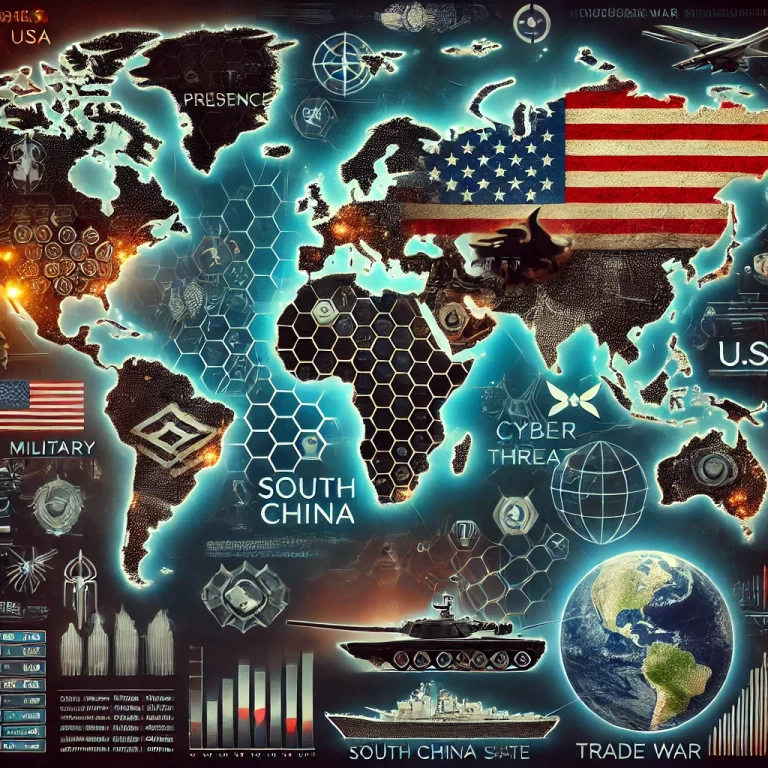
From Kabul to Gaza: Lessons Unlearned in the Fight Against Terror
The rise of Hamas, an Islamist militant organization, further complicated the dynamics of this conflict. Initially founded as a non-violent Islamic charity, Hamas's evolution into a militant group reflects broader trends in regional politics and extremism.
The ongoing conflict between Israel and Hamas is a stark example of the complex and enduring nature of Middle Eastern geopolitics. This struggle, deeply rooted in historical, religious, and political disputes, has shaped not only the regional landscape but also international relations. From the declaration of the State of Israel in 1948 to the emergence of Hamas in the late 1980s, the region has been a battleground for ideologies, territorial claims, and power struggles.
The Israeli-Palestinian conflict, with its origins in early 20th-century political decisions such as the Balfour Declaration and the UN Partition Plan, has evolved into a protracted and multifaceted struggle. The rise of Hamas, an Islamist militant organization, further complicated the dynamics of this conflict. Initially founded as a non-violent Islamic charity, Hamas’s evolution into a militant group reflects broader trends in regional politics and extremism. Its rejection of peace processes and commitment to armed resistance have not only exacerbated the conflict but also influenced the strategies of other actors in the region.
The recent escalation on October 7, 2023, when Hamas launched a brutal attack on southern Israel, marked a significant turning point. The assault, which targeted civilians and resulted in substantial casualties, highlighted the enduring volatility of the conflict. In response, Israel’s military actions aimed to dismantle Hamas’s infrastructure and secure its borders, but they have also raised serious concerns about humanitarian impacts and long-term solutions.
Drawing parallels between the current situation in Gaza and historical conflicts such as the U.S. intervention in Afghanistan post-9/11, this paper explores the lessons that can be learned from past interventions and their relevance to the Israeli-Palestinian conflict.
Drawing parallels between the current situation in Gaza and historical conflicts such as the U.S. intervention in Afghanistan post-9/11, this paper explores the lessons that can be learned from past interventions and their relevance to the Israeli-Palestinian conflict. It examines the efficacy of using military force against ideologically driven groups and the importance of developing comprehensive political strategies. The paper argues that understanding the broader context of these conflicts, alongside historical precedents, is crucial for formulating effective and sustainable solutions to the challenges posed by terrorist organizations and protracted regional conflicts.
Alisina S. Ayobi is a Research Fellow at the Sixteenth Council



